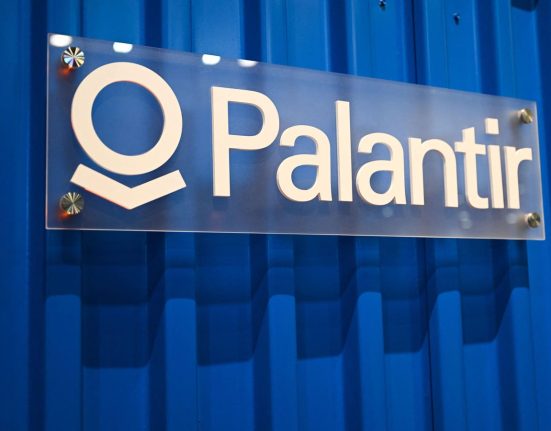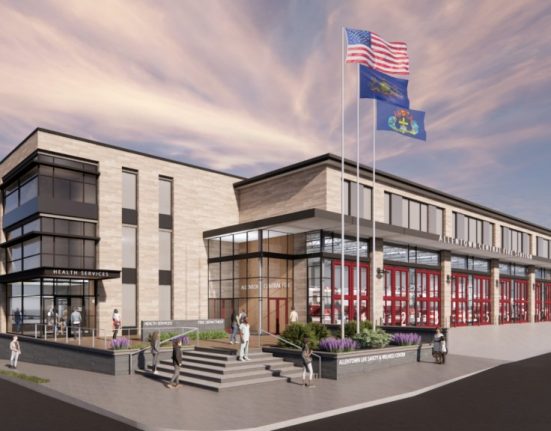The culprit, I believe, is the “efficiency trap.” It’s an intense, often myopic, pursuit of optimizing individual tasks and processes. While logical, this singular focus keeps property management teams bogged down in the minutiae, diverting their energy from what really matters: achieving real business performance.
Real performance isn’t merely about completing tasks faster. It’s about cultivating a value ecosystem where everyone wins. Imagine residents having seamless living experiences, owners seeing predictable returns, and property managers running flourishing businesses. This symbiotic relationship, where value is mutually exchanged, is the hallmark of real success.
So, how do we break free from the efficiency trap and start building this thriving ecosystem? The answer lies in a fundamental shift: it’s about redefining success through the lens of value creation and strategically leveraging technology to free up time for the priceless human touch.
Beyond the checklist
Operational efficiency is a good thing, but in today’s real estate landscape, it can no longer be the finish line. This relentless focus on efficiency for its own sake is a major contributor to a growing performance gap – the difference between the current task-centric approach to property management and the aspirational state where eavery stakeholder truly thrives.
Through countless conversations, I’ve observed that many property managers are indeed using automation to free up their teams’ time. However, the essential next step is often overlooked: focusing on the real results beyond just saved minutes.
Take lease renewals. Once a laborious, manual process, AI tools can now automatically identify residents due for renewal and even dispatch templated emails. The task is undeniably more efficient. But the real impact? Higher renewal rates for property managers, less hassle for residents, and a stable, predictable return for investors. It’s not about perfecting the process; it’s about the profound big-picture results.
From task doers to value creators
No one chooses a career in property management to spend their days on data entry or rigidly following processes. Yet, an overemphasis on efficiency in these areas keeps talented individuals stuck, preventing them from engaging in more meaningful work.
The exciting news is that modern AI tools are game-changers. They possess contextual awareness, the ability to learn at scale, and the power to take direct action within workflows. Incorporating this new technology into the business of real estate management is already changing the way the industry operates—and the work its people do—for the better.
Teams now have a pathway to freedom from the endless cycle of task execution, instead dedicating their time to work that genuinely creates value for residents, owners, and the business itself.
The human touch: Reprioritizing resident experience
So, what does this transformation look like? And where should property managers redirect their attention and effort? A critical path to creating ecosystem-wide value is to invest that time directly in building more value for residents.
According to the 2025 AppFolio Property Management Benchmark Report, maintaining high occupancy rates is the industry’s top concern, with 20% more property managers identifying it as a threat this year.
This is the golden opportunity for property managers to make a profound impact. Not by simply moving faster, but by creating spaces their residents are glad to call home—an achievement only possible through genuine human connection. Renters won’t dwell on how efficiently a backend process runs; they will, however, remember a property manager who is present, responsive, and deeply invested in their living experience.
The evidence is clear: renters satisfied with their property manager’s communication are less likely to plan a move and more likely to recommend them. When we get this right, AI isn’t just about efficiency; it becomes the catalyst, offering a powerful glimpse into a future where real estate prioritizes connection and flourishing communities.
Cat Allday is the VP of Product at AppFolio.
This column does not necessarily reflect the opinion of HousingWire’s editorial department and its owners.
To contact the editor responsible for this piece: [email protected].







